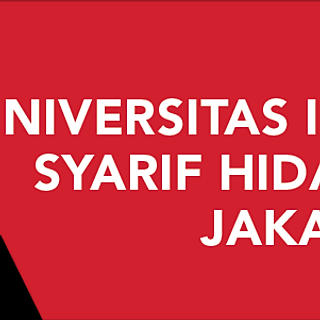TAKIS: Talk About Health Issue - COVID-19
- CIMSA UIN
- Jul 4, 2020
- 2 min read

Novel Corona Virus Disease 2019 (NCOVID-19) is a respiratory infection caused by severe acute respiratory syndrome corona 2 virus (SARS-CoV-2), or often called by the Corona virus. This virus has a high mutation rate and is a zoonotic pathogen that can settle in humans and animals with a very diverse clinical presentation, ranging from asymptomatic, mild to severe symptoms, even to death

Reporting from WHO website, the main clinical signs and symptoms of COVID-19 have been reported such as fever >38 ° C, cough, runny nose, sore throat accompanied by a history of traveling to the area with local transmission or a history of contact with a probable case or COVID-19 confirmation case. The results of laboratory tests in COVID-19 patients are not specific, but lymphopenia, an increase in lactate dehydrogenase, and an increase in aminotransferase, are commonly found. Some risk factors can aggravate patient complaints such as age > 50 years, immunocompromised patients, hypertension, cardiovascular disease, diabetes mellitus, pulmonary disease, and heart disease. Preventive measures should take precedence over treatment, even though the n-CoV mortality rate compared with its predecessor coronavirus is MERS and SARS are lower but the level of prevention that we do should also be further increased.
Ultrasonography (USG) and chest X-ray can also help establish the diagnosis of COVID-19. The diagnosis of COVID-19 can be confirmed by detecting RNA in the nucleic acid amplification test (NAAT) and serological tests of lower respiratory tract specimens. To date, there is no specific antiviral therapy and vaccine in the management of COVID-19. However, several therapies, such as remdesivir, chloroquine / hydroxychloroquine, lopinavir-ritonavir, and tocilizumab, have been found to have efficacy in the management of COVID-19 and have been included in clinical trials of the drug. COVID-19 patients with mild infections are generally only advised to isolate at home and use over-the-counter medications to relieve symptoms. In patients with severe infections, it is recommended to be hospitalized and sometimes it is necessary to intubate and mechanical ventilation if respiratory failure or acute respiratory distress syndrome occurs.
In Indonesia, a New Normal policy has been put in place, with this policy the community is expected to continue to implement health protocols well. people are encouraged to continue to limit activities outside the home. however in Indonesia it has not yet reached the word "safe" to act like nothing has happened. keep your distance and always clean yourself, including washing your hands. hopefully this pandemic can teaches us to maintain cleanliness properly and correctly.

Referensi:
1. World Health Organization. Laboratory testing for 2019 novel virus corona (2019-nCoV) in suspected human cases. 2020;2019
2.Cascella M, Rajnik M, Cuomo A, Dulebohn SC, Di Napoli R. Features, Evaluation and Treatment Virus corona (COVID-19). StatPearls. 2020. 3. Sahin AR. 2019 Novel Virus corona (COVID-19) Outbreak: A Review of the Current Literature. Eurasian J Med Investig. 2020 4. Guo Y-R, Cao Q-D, Hong Z-S, Tan Y-Y, Chen S-D, Jin H-J, et al. The origin, transmission and clinical therapies on virus corona disease 2019 (COVID-19) outbreak - an update on the status. Mil Med Res.






















Comments